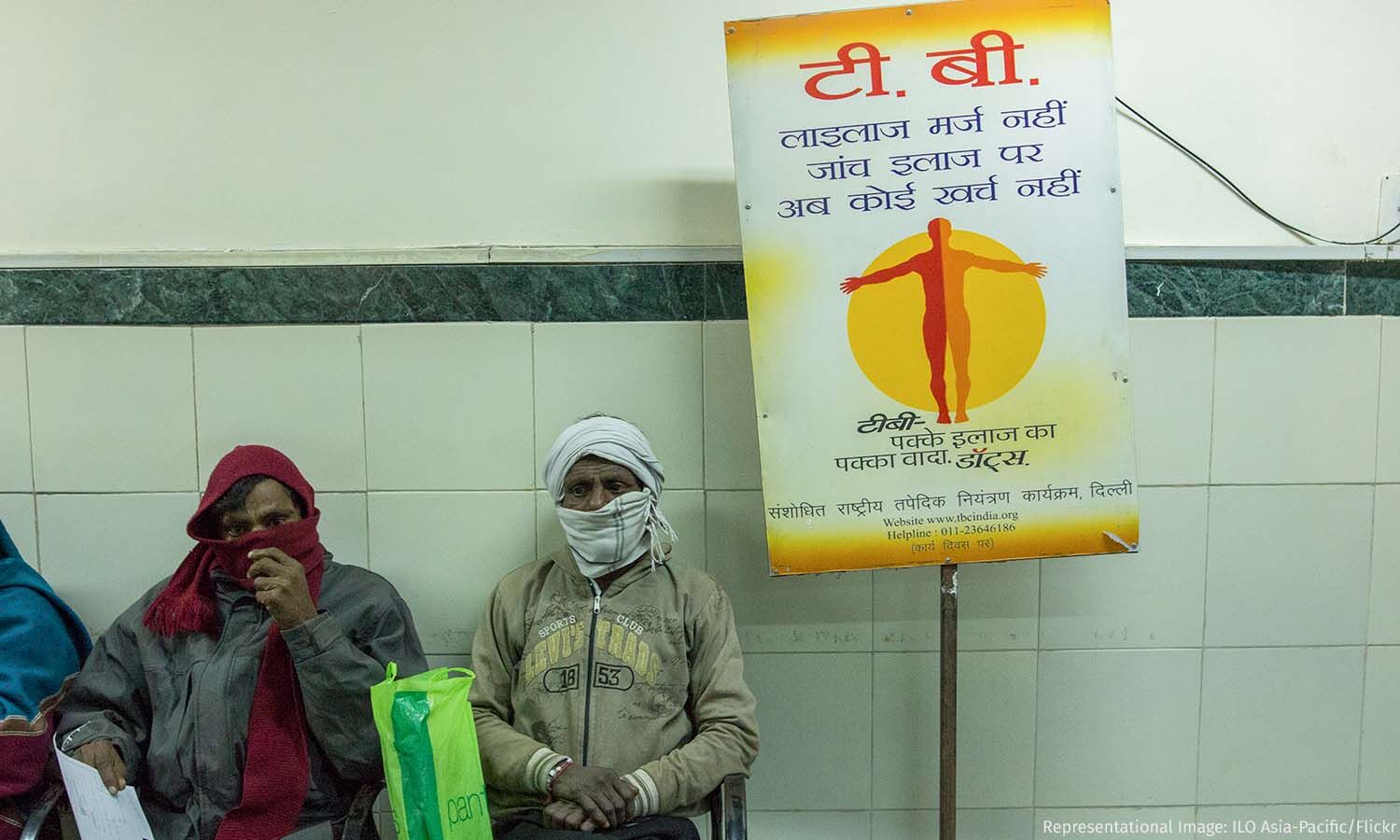World TB Day: TB Cases Recorded With The Government Yet To Reach Pre-Pandemic Levels
Testing and diagnosing tuberculosis is important to control the disease and save lives and livelihoods but the pandemic has impacted cases being reported to the government.

Mumbai: In the first two months of 2022, India recorded 333,966 tuberculosis (TB) cases across the country, about 20% fewer than the number recorded in the first two months of 2020, according to the health ministry's Nikshay platform. This drop was not because of a reduction in the number of people suffering from TB but because of a drop in case notifications, as officially reporting cases to the government is called.
On-time testing for and diagnosing tuberculosis--a treatable bacterial disease--is important, as it can save lives, and stop the disease from spreading further. Recording TB cases to the government means that India's National TB Elimination Programme (NTEP) can track patients, ensure that they complete treatment and even provide free drugs. Incomplete TB treatment can mean a patient could deteriorate, infect others or develop drug-resistant TB.
TB cases recorded with the government are lower than the estimated number of cases in the country. In 2020, India had an estimated 2.5 million cases of TB and 500,000 deaths from the disease.
Each year until 2019, when recorded cases reached 2.4 million, more and more TB cases were being reported to the government. In the first two months of 2020, India recorded 5% more cases than the first two months of 2019. Despite this, TB cases notified in 2020 overall fell by 25%, to 1.8 million, because of the Covid-19 pandemic and the national and state lockdowns, data show. During the national lockdown of 2020, 46% fewer cases were reported compared to the same duration in 2019.
"Increased focus on Covid in the healthcare centres and low mobility to access testing and diagnostics facilities [such as the TrueNat test] contributed to the low notifications," said Pavitra Mohan, secretary and co-founder of Basic Healthcare Services, a non-profit working primarily in southern Rajasthan. "At the same time, there was a shortage of food and increasing malnutrition," he said, which reduces immunity and increases the risk of TB infection.
More cases reported from private facilities
TB is a notifiable disease, which means all patients whether treated in the public or private sector have to be reported to the government. Notified patients can avail the NTEP's Direct Benefit Transfer Scheme for free treatment.
In 2016, the NTEP piloted a programme to increase private sector notifications, and have since taken more such steps, such as the Joint Effort for Elimination of Tuberculosis. The JEET project focuses on working with private facilities including individual providers and diagnostic centres and supporting, enabling and training them for TB care, as well as incentivising physicians and patients to complete TB treatment, said Sanjay Sarin, head of FIND India, a global alliance for diagnostics. "We also link up patients to public healthcare providers if they are unable to afford testing or treatment in private facilities."
Between 2017 and 2021, the number of notifications from the private sector have more than doubled. In 2017, less than one in five notifications were from the private sector. In 2021, this increased to nearly one in three.
Between March and June of both 2020 and 2021, when lockdowns had been implemented across most states due to Covid-19, both private and public sector notifications for TB dropped. But in all of 2021, more TB cases from the private sector were reported, as compared to 2019.
Five states--Uttar Pradesh, Maharashtra, Madhya Pradesh, Rajasthan and Gujarat--contribute to more than half of the TB cases reported in the country. While all five states saw a similar drop in public and private notifications because of Covid-19, the gap between cases reported by the public and private sectors has reduced in Maharashtra.
We welcome feedback. Please write to respond@indiaspend.org. We reserve the right to edit responses for language and grammar.


